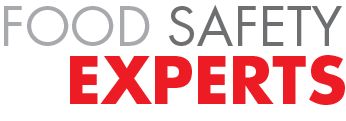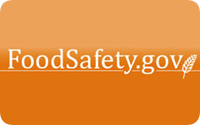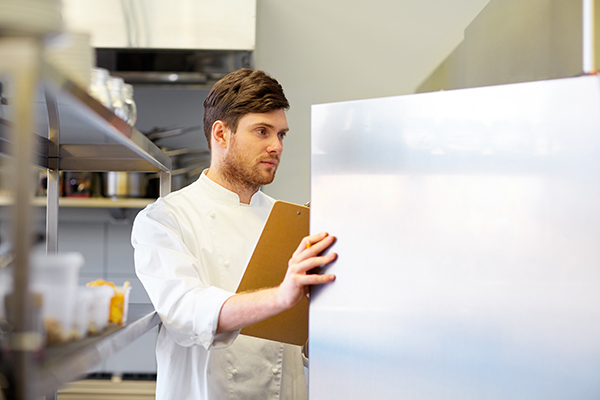Meet the Food Safety Leadership Team
Meet FoodHandler’s Food Safety Leadership Team:
Jeannie Sneed, PhD, RD
Dr. Sneed has been an educator and researcher in foodservice operations and food safety for over 30 years. She retired as a professor and administrator from Kansas State University where she also served as a research professor for the Center of Excellence for Food Safety Research in Child Nutrition Programs funded by the U.S. Department of Agriculture. NSF International awarded her the Lifetime Achievement Award for Food Safety Education and Research in 2007. She holds a PhD in foodservice management with a minor in organizational behavior from The Ohio State University.
Catherine Strohbehn, PhD, RD, CP-FS
Dr. Strohbehn has been an educator and researcher in the areas of foodservice management and food safety since 1986. She is certified by the National Environmental Health Association as a professional in food safety. She is professor emeritus (August 2018) and extension specialist at Iowa State University where she also oversees the Food Safety Project website. She has developed many extension programs and materials in areas such as general food safety, buying local produce, and school nutrition operations. In 2010, she was recognized by NSF International with the Educator Award in 2010. She holds a PhD from Iowa State University.
Both Dr. Sneed and Dr. Strohbehn are registered dietitians with the Academy of Nutrition and Dietetics and are registered ServSafe® instructors with the National Restaurant Association. They have received nearly $10 million in Federal, state, and private sources for research and education projects, with the majority focused on improving food safety in retail settings. They worked together at Iowa State University on several research and education projects focusing on food safety in schools, assisted living facilities, restaurants, and child care.
Contact them with any questions or comments at foodsafety@foodhandler.com
READ MORE POSTS
Meet the Food Safety Leadership Team
Meet FoodHandler's Food Safety Leadership Team:
Announcement from FoodHandler’s Sales Manager
We are pleased to announce that our new food safety consultants—Dr. Jeannie Sneed and Dr. Cathy Strohbehn—will be writing blogs twice each month, on the first and fifteenth. Their goal is to make these blogs relevant, and to continue conversations about food safety among foodservice operators. We invite you to contact them to ask questions, share success stories, make suggestions for blog topics, or provide other thoughts you have about food safety. You can email them at foodsafety@foodhandler.com
FDA has released the newest version of the Food Code
Blog by Lori Stephens based on the new FDA Food Code release.
Stocking Your Food Safety Toolbox
Blog by Lori Stephens, based directly on SafeBites webinar by Dr. Jeannie Sneed, PhD, February 2018











